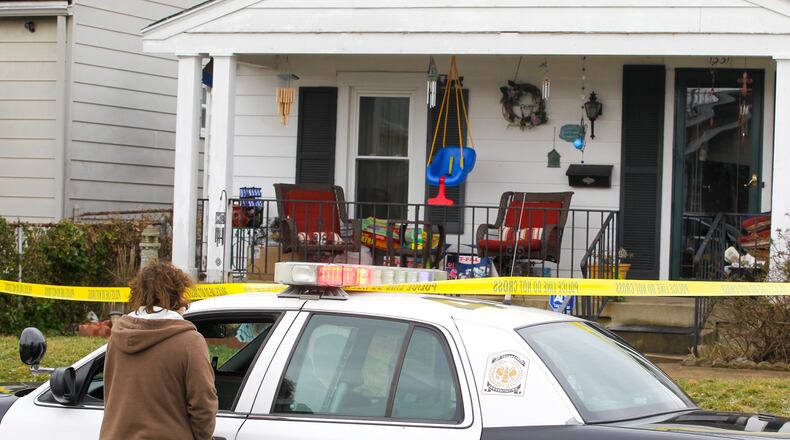Under the legislation, police staff at least monthly would review police reports for multiple calls to the same address — more often if the crimes are serious. The staffers would focus on locations of felony drug offenses (only one would be needed to trigger the designation) or three total crimes.
MORE: Hamilton considers requiring apartment owners to register
The city manager or his staff would review information sent by police, and might gather more information, before the city manager’s office would send out notice that the property is in danger of a chronic-nuisance designation. Property owners would have to submit a plan to eliminate the problem. If that doesn’t happen, the staff would decide the property is a chronic nuisance, according to draft procedures.
Property owners would be able to appeal to an independent hearing officer without having to pay a filing fee for that appeal.
After that designation, the city could assess civil fines of $250 per violation going forward, in addition to the cost of each enforcement by he city to address chronic nuisance activity there. If payments were not received, the owed amounts could be placed as liens against the properties, city officials have said.
Unlike versions of the city legislation that were discussed in earlier months, the chronic nuisance legislation would not trigger collection of crime costs faced by firefighters or emergency-medical technicians who show up in response, said the city’s public safety director, Scott Scrimizzi: “It is strictly police calls.”
The chronic nuisance was one piece of city legislation facing landlords and other property owners that brought out large numbers of them in February.
Charles Tassell, director of government affairs for the Greater Cincinnati/Northern Kentucky Apartments Association, has been leading an ad-hoc committee that was created after the city unveiled earlier versions of legislation creating chronic-nuisance abilities and also requiring apartment owners to register their apartments so the city could inspect them to ensure they meet health, building and safety standards. Another proposed ordinance would require landlords to pay tenants’ unpaid utility bills, including by placing liens on properties.
Earlier this month, City Manager Joshua Smith said the chronic-nuisance proposal — the first to emerge from the ad-hoc committee — was the easiest for nearly everyone on the panel to agree upon. Wednesday’s public hearing will be held in City Council Chambers, on the first floor of the city building at 345 High St.
About the Author
